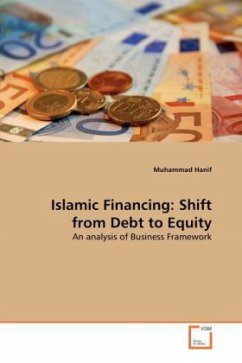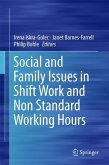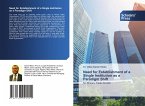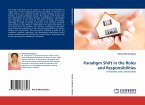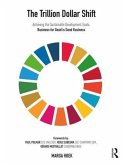Islamic Finance is classified objectively as Sharia based (risk and reward sharing) and Sharia compliant (asset based financing). Practice of Islamic banking witnesses the focus of Islamic Financial Institutions (IFIs) on Sharia compliant products (Murabaha, Leasing, Salam and diminishing Musharaka). Share of Sharia based financing (Musharaka and Mudaraba) in portfolios of IFIs is negligible. This study was intended to evaluate the suitability of existing business and accounting frame work for application of Sharia based financing. Findings suggest that existing business and accounting frame work is not conducive for application of equity financing. Loopholes in accounting frame work, dominance of conventional banking, weaker audit institution, riskiness of equity financing,lack of trust and confidence in Musharaka Partner, higher taxes, lack of awareness, lack of skilled human resource and profit manipulation behavior of business firms are identified as hurdles in the popularityof Sharia based financing. Prime difference of conventional and Islamic finance is risk and reward sharing hence application of Sharia based financing is vital for success of IFIs.
Bitte wählen Sie Ihr Anliegen aus.
Rechnungen
Retourenschein anfordern
Bestellstatus
Storno

